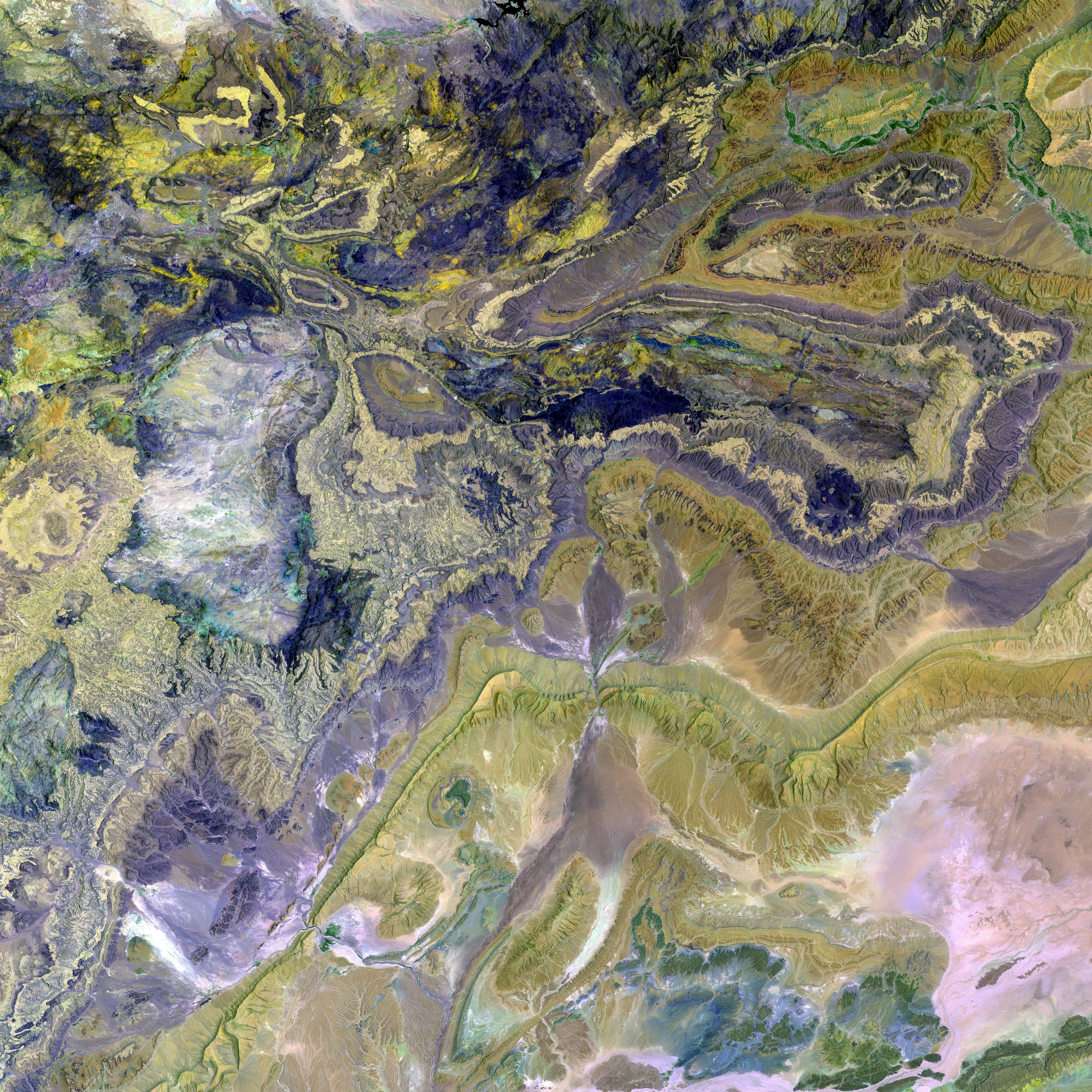Iranian Foreign Minister Engages in Pakistan for Mediation Amidst Tension between Iran and India over Kashmir Incident
Sparking Diplomacy:
Tensions between India and Pakistan are at an all-time high following the gruesome massacre of 26 tourists, primarily Indians, in the Indian-claimed part of Kashmir. In a bid to dial down the escalation, Iran’s Foreign Minister, Abbas Araghchi, made a trip to Islamabad on Monday to serve as a mediator. Araghchi’s visit was the first by a foreign dignitary since the tragedy.
Tehran has extended a helping hand to facilitate a peaceful resolution between the nuclear-armed neighbors, echoing concerns over potential danger. Pakistan, with its military on high alert, has expressed concern about the possible aggression from India based on claims of credible intelligence.
Pakistan has dismissed any responsibility for the massacre and extended a proposal for a cooperative, international investigation. However, India has declined this offer thus far. Global leaders have urged both nations to keep their cool and steer clear of any further escalation.
Welcoming the intervention, Pakistan's Foreign Minister, Ishaq Dar, shared that he had conversed with over a dozen foreign dignitaries, including the likes of U.S. Secretary of State Marco Rubio and Russian Foreign Minister Sergey Lavrov. Dar emphasized that Pakistan would not be the first to resort to any aggressive measures, but warned that it would fiercely defend its sovereignty should there be any act of hostility.
Accusing the Indian air force of attempting to breach its airspace on April 28th, Pakistan reportedly forced Indian jets to retreat. India has yet to respond to these allegations.
Middle East Conflict
Middle East ConflictIranian leaders approve plan for conquering Gaza Strip
U.S. News
U.S. NewsRwanda negotiates to accept deported migrants from the U.S., per official announcement
Residents of the town of Akhnoor, situated in Indian-controlled Kashmir, reported on Monday that the water levels in the Chenab River had reached such a low point that it was possible to walk across it.
"Never in my life have I witnessed such low river water levels," shared 55-year-old farmer Bal Krishan, expressing support for the Indian decision to halt the water-sharing treaty and punish Pakistan.
With no immediate comments from officials, the situation remains uncertain.
Meanwhile, Pakistan’s Information Minister, Attaullah Tarar, led a group of journalists on a tour of Bella Noor Shah, a mountain village close to Muzaffarabad, the principal city in Pakistan-administered Kashmir. Tarar highlighted that New Delhi’s allegations of a militant training camp being present in the area were false, as villagers reported they had never noticed any such camp.
Tarar expressed his belief that there was no truth to India’s claims, emphasizing the need for transparency and truth in conflict resolution.
In a separate event on Monday, Pakistan’s military reported the successful test launch of the Fatah surface-to-surface missile. This isn’t usually aimed at India, with the intended target being the Arabian Sea or the deserts of southern Balochistan province.
- Amidst the general news of escalating tensions between India and Pakistan, the politics of potential mediation has emerged, with Iran's Foreign Minister, Abbas Araghchi, visiting Pakistan to facilitate a peaceful resolution.
- As war-and-conflicts continue to dominate the headlines, the Middle East conflict between Iran and Gaza Strip took a new turn with Iranian leaders approving a plan for conquering Gaza Strip, adding another layer of global concern.









